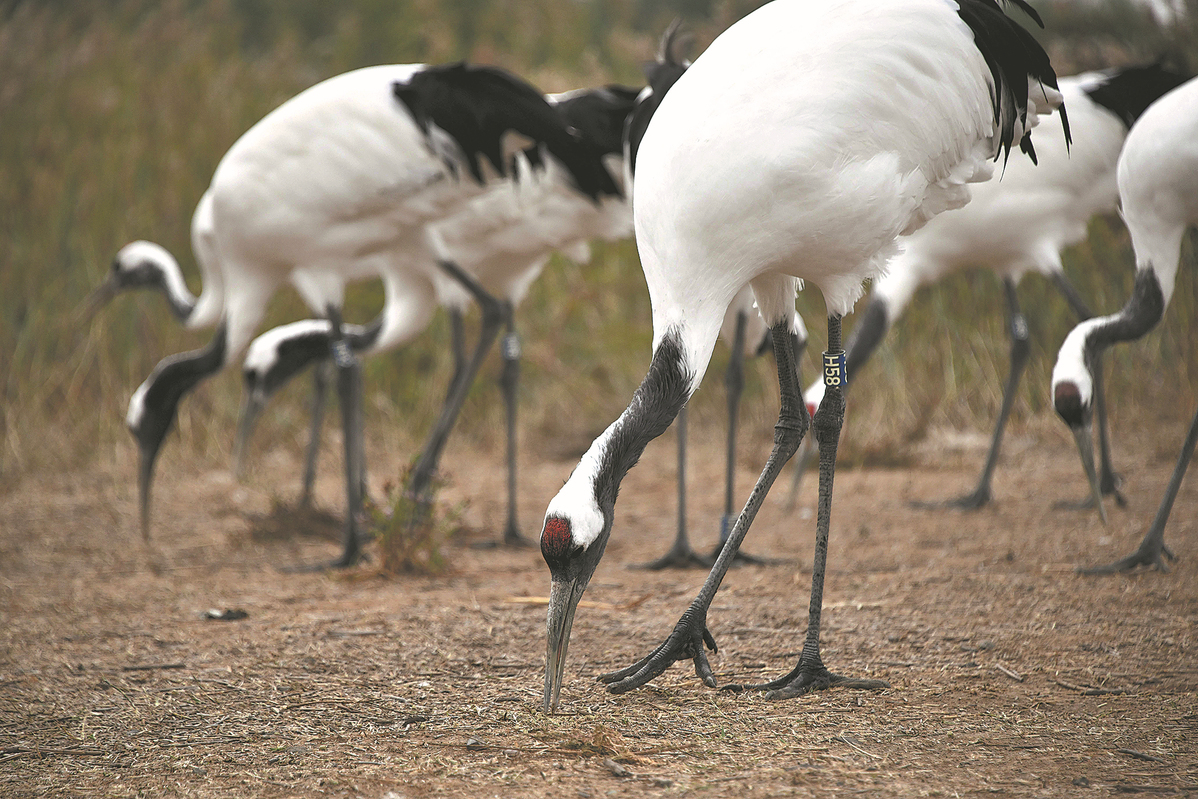New ideas floated to curb carbon


Higher goals
In the mountainous areas of Shandong, the promotion of ecological conservation has enhanced the development of the agriculture and tourism industries.
In Mengyin county, Linyi, known for its hilly, wooded terrain, the promotion of ecological conservation has aided the peach-growing industry, providing livelihoods for more than 100,000 farmers, said the county government.
The county has a rich ecological system, with 73 percent of its area covered by forests and a diverse range of plant and animal species. Its natural beauty has attracted tourists, who visit during peach blossom season and contribute to the local economy.
In Xizhaojiazhuang village in Lanshan district, Rizhao, what was once a putrid eyesore has been turned into a garden landscape.
The village had struggled with sewage issues related to livestock farming and domestic waste. To address the problem, a sewage treatment station was constructed and a network of pipes installed to centrally treat sewage from every household.
"The treated water meets standards and can be used to create wetland landscapes and irrigate farmland," said Li Xilin, the Party secretary of the village.
With the sewage problem addressed, the village upgraded and renovated the area surrounding the pond, with trees and flowers planted to transform the once dank, polluted area into a garden.
In addition, the villagers have established tea gardens so tourists can experience picking leaves.
Shandong is committed to the concept of "lucid waters and lush mountains" being "invaluable assets" and prioritizes construction of an ecological civilization, said the province's governor, Zhou Naixiang, at the China Ecological Civilization Jinan Annual Conference.
The province is seeking to ensure the achievements of green, low-carbon and high-quality development benefit the well-being of its people, Zhou added.























